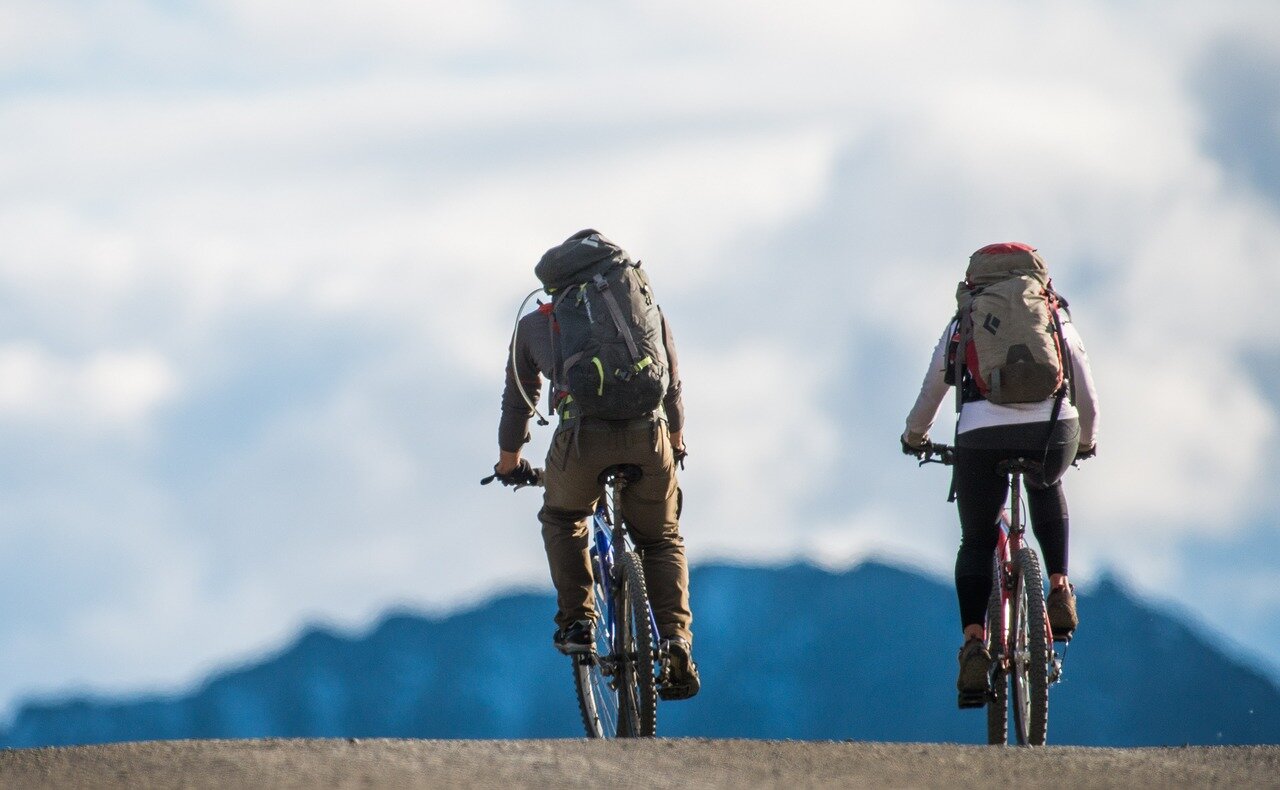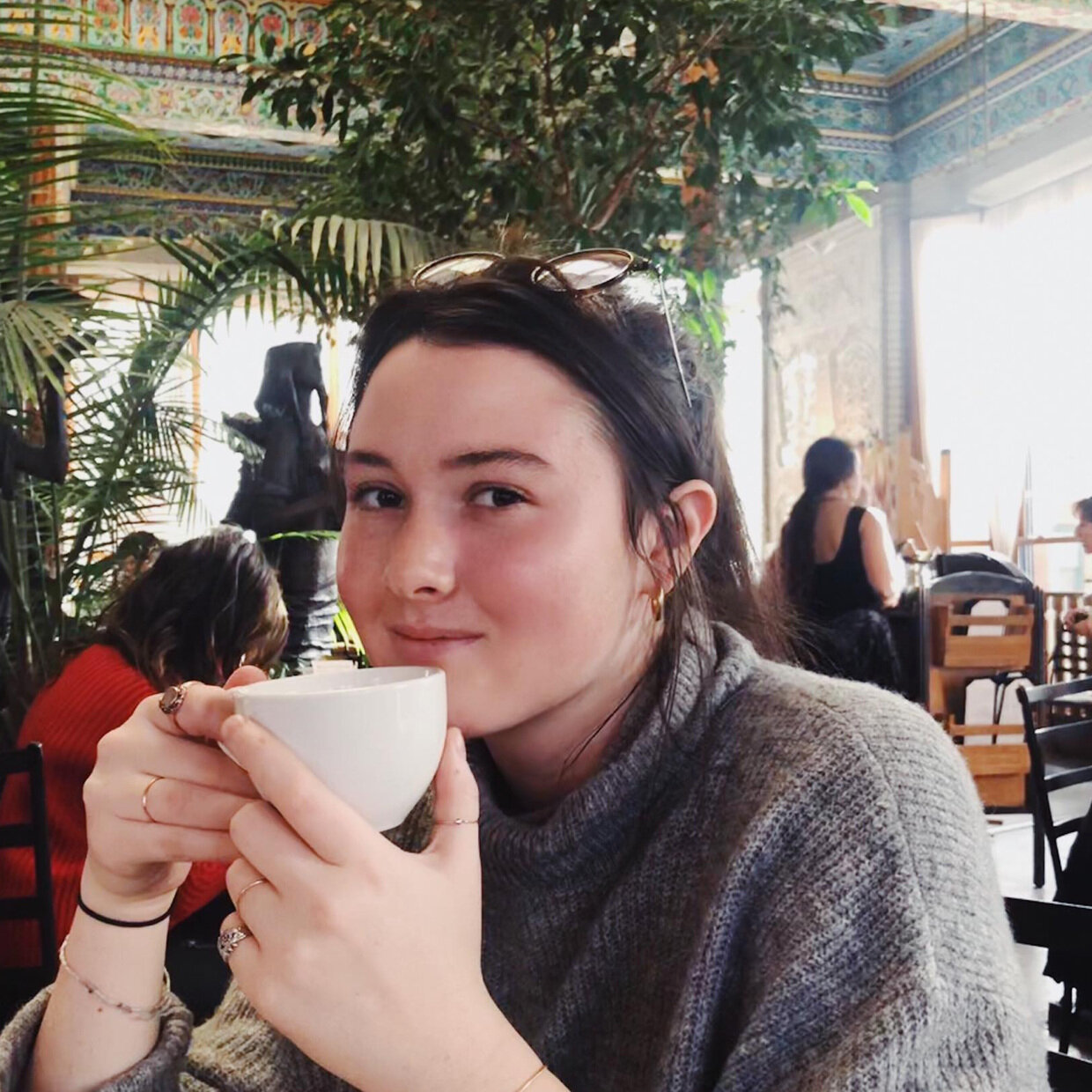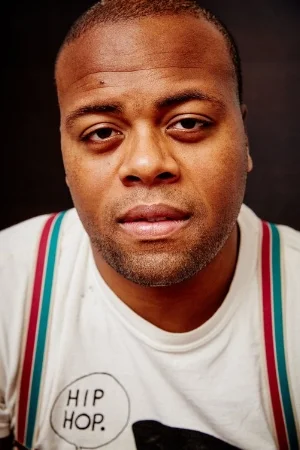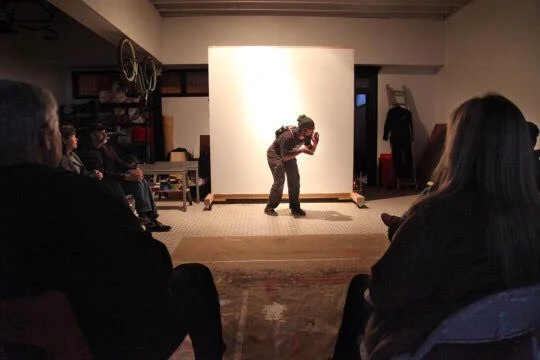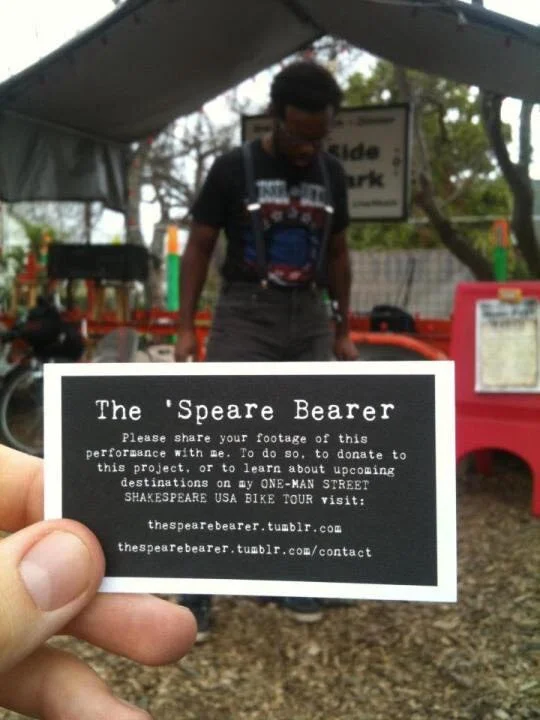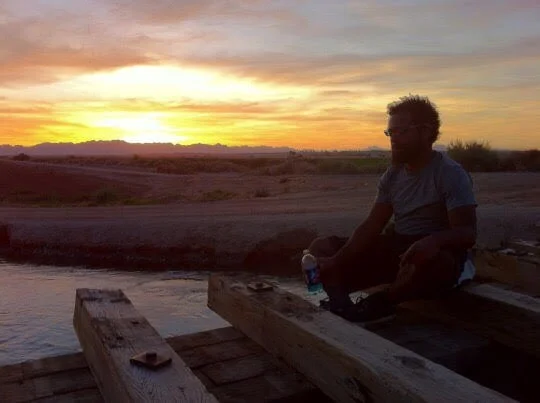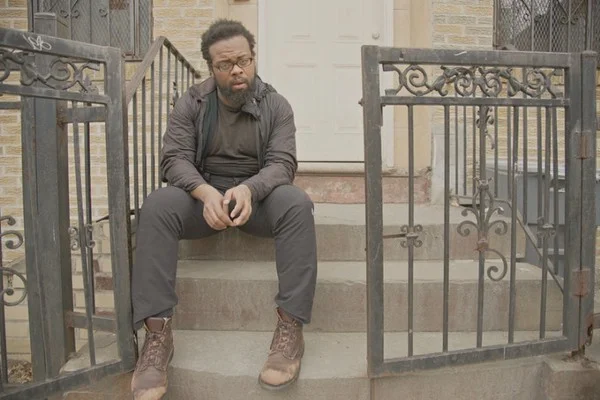While cycling may not be a traveler’s first instinct for exploring a new country, bike tours combine adventure with immersion to offer an eco-friendly approach to travel. Cycling through a country can be a great option for people of varying fitness and ability levels who want to discover regions that may be inaccessible by car. Most commonly, such trips are led by tour companies, but some, like the Carretera Austral in Chilean Patagonia, are meant for independent travel. These seven routes offer the very best of bicycle-based travel.
1. Normandy: Caen to Sainte-Mère-Église
On this route, bike through the history of World War II in Normandy, France. Begin in Caen, home to the WWII Peace Memorial, before visiting the monuments and landing beaches of D-Day. Ride through Bayeux, home to the Museum of the Battle of Normandy, the Bayeux War Cemetery and the Bayeux Tapestry. This itinerary, perfect for history buffs, offers pastoral plateaus, a deep dive into history and stunning shoreline.
This tour is for all travelers regardless of cycling experience and can be organized independently, as accommodations and directions are easily available. For a more structured experience, Discover France offers this six-day trip that includes a bike, meals and accommodations for $1,500.
A sunset in Goa, India. Swami Stream. CC BY 2.0.
2. India: Mangalore to Goa
On this coastal journey, bike along the Arabian Sea in western India. This 200-mile trip includes at least two days of biking and promises spectacular views the entire way along the NH66 highway. Goa is known for its seafood, and the coastal towns of Udupi and Gokarna offer some of the best dining that this part of India has to offer.
This route is best taken between October and March, when the weather will be cooler. While there are not guided tours, the single-road nature of this itinerary makes it easy for travelers to guide themselves, choosing to spend a night in any of the countless coastal towns. While bike rental is an option, purchasing a bike is comparable in price and will cost around $100.
Valle de Cerro Castillo along the Carretera Austral. Claudio. CC BY NC ND 2.0.
3. Chile: Carretera Austral
This stunning “Southern Highway” runs through the northern stretch of Chilean Patagonia. Bike past the famed Cerro Castillo mountain while heading south toward the Patagonian glacial fields and fjords. This route runs just over 700 miles and has challenging sections and easier stretches, but travelers can choose to bike any length of the road. This route offers the best of Patagonia’s natural landscape and an off-the-grid travel experience.
While Carretera Austral is perfect for experienced independent travelers, there are also guided tours such as this 10-day trip from Keteka Travel that includes accommodation, meals and a bike. Independent travelers will want to map out their route beforehand and have experience in camping and bike-packing. Travelers should arrange to visit between September and February during Chile’s spring and summer.
Beaches along the coast of South Africa. South African Tourism. CC BY 2.0.
4. South Africa: Western Cape Pass
This route, perfect for the experienced rider, is a nine-day journey out of Cape Town and into the mountains surrounding the cape. Swartberg Pass, considered one of the most beautiful mountain passes in the world, is a highlight of this journey. Visit off-the-map regions like Klein Karoo while passing by epic mountains and farms.
While there are not guided tours of this itinerary, Bikepacking.com has created a detailed guide for bike lovers. The remote nature of this trip requires camping and backpacking experience and careful planning, but Bikepacking.com has all the information needed to ensure safety and a successful trip.
The Six Attributes Garden in Kanazawa, Japan. Bryan. CC BY-SA 2.0.
5. Japan: Kanazawa to Toyama
Explore Japan’s Noto Peninsula on one of the country’s most famous bike routes. Begin in Kanazawa, renowned for its historic preservation and beautiful gardens, before biking around the peninsula to Toyama, a city at the base of the Japanese Alps.
For experienced riders, this route will take around three days. For less experienced riders, expect the journey to take about a week.
Check out KANcycling’s guide on the “Noto Tour” for more information on this trip. The route allows riders easy access to amenities like hotels and restaurants for stops along the way.
Copenhagen’s Christianshavn neighborhood in winter. Kristoffer Trolle. CC By 2.0.
6. Denmark: Copenhagen and Zealand
This route begins in Copenhagen, Denmark’s capital and a city known for its bike friendliness. From Copenhagen, bike up the coast of Zealand, Denmark’s largest island, and visit medieval towns and white sand beaches. In Helsingor, stop by Kronborg Castle, the setting of Shakespeare’s “Hamlet,” and spot Sweden across the Oresund Strait.
This trip from World Cycle Tours is for bikers of all abilities and begins at $850 for a self-guided weeklong tour. Denmark’s terrain is mostly flat and all of the bike paths are paved. Denmark is truly more than bike-friendly, and travelers can elect to easily plan their own itinerary through affordable bike rental.
The Danube River in Passau, Germany. Joisey Showaa. CC BY-SA 2.0.
7. The Danube: Germany to Hungary
Bike through Germany, Austria, Slovakia and Hungary on one of the most popular biking routes in Europe. Follow the Danube River southeast from Passau, Germany, and pass through Vienna before exploring the underrated Slovakian capital of Bratislava. From Bratislava, continue down the Danube to Budapest, Hungary, a city famous for its 19th-century architecture.
This 14-day trip from Experience Plus is for bikers of all levels and ages, and provides bikes, accommodation and meals. The trip costs $5,500 for two weeks of travel, but travelers can easily arrange their own itineraries and pick up a bike from Vienna Explorers, who will allow rental from Passau to Budapest for $400 for 14 days.
Sarah Leidich
is currently an English and Film major at Barnard College of Columbia University. Sarah is inspired by global art in every form, and hopes to explore the intersection of activism, art, and storytelling through her writing.

